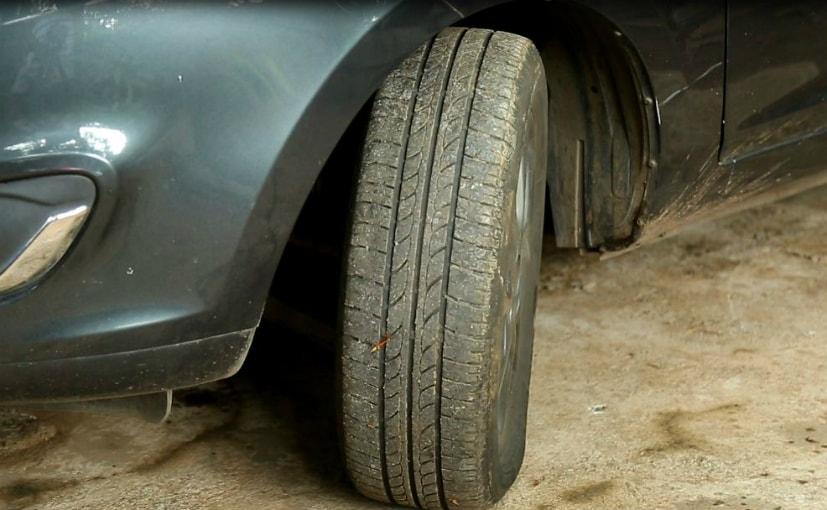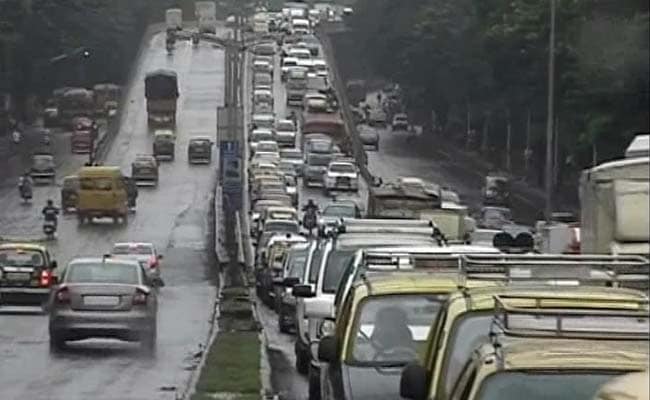DOs And DON'Ts Of Driving Or Riding In The Rain

Highlights
While regions like Delhi and NCR are still waiting for the monsoon to come and offer a bit of relief from the scorching heat of the departing summer, the rain gods have already started paying visits to most of the cities in the western and southern parts of India. Although our friends in the north still have some time to gear up for our unpredictable monsoons, for us folks in states like Maharashtra, Karnataka or Kerala, it's time to rain-proof our cars and bikes and start following the code of conduct for driving or riding during the monsoon.
Also Read: Monsoon Tips For You And Your Car
Here are the DOs and DON'Ts For Driving Or Riding In The Rain:
DOs
Rain Check - Pardon the pun, the most important thing to do right now is check your tyres, brakes, and electrical are functioning properly and if they need to be replaced. Car owners, it's always better to get new windshield wipers as well.
Check for tyre wear, tread depth, and low tire pressure, and for your brakes, inspect for worn-out liners and pads, low brake fluid or leaks in the system. It's also important to see to it that the headlights are restored for maximum visibility in the rain and fog.
Also Read: 5 Tips For Riding Two Wheelers In Monsoon

Check your tyre for wear and tear when the monsoon sets in
While driving, make optimal use of your headlights and windshield wipers, this will maximize your visibility for both you as well as other drivers on the road.
Two-wheelers owners make sure your helmet visor is clear and fog-free and it's functioning properly. If you think your helmet has seen better days, then it's wise to invest in a new one. Some of the newer helmets now also come with an anti-fog shield which will offer better visibility.
Also Read: Mumbai Rain: What To Do If Stuck In A Car In A Flood
It's best to play safe, always buckle up, abide by road rules, and obey speed limits. Always be attentive about the vehicles around you and watch out for reckless drivers or riders.
Always drive or ride in controlled speed. Do not try to rush and avoid hard braking as the vehicle might go out of control due to hydroplaning. Also, pay attention to places you can move to in case of sudden stops.

While riding in the rain wear raincoats or jackets that are vibrant in colour and have reflectors
If you are riding, buy raincoats or jackets that are vibrant in colour and have reflectors so that you are more visible to other motorists on the road. Most riding jackets come with a rain liner, so if you are planning to invest in one make sure you go for bright and visible colours with reflectors.
DON'Ts
Avoid using high beam lights unless necessary as it may blind drivers coming from the opposite side. Also, high beams will reflect from the rain or fog and cause glare, which will make it more difficult to see ahead.
Do not tail or follow the vehicle in front of you too closely. It's better to leave a safe distance between you and the vehicle ahead as more space allows for more reaction time in case of sudden stops.

Leave a safe distance between you and the vehicle ahead as more space allows for more reaction time
If your vehicle has cruise control function does not use it while driving in the rain. It can be extremely dangerous as the roads generally tend to be very unpredictable during the rains. It's better to shut the cruise control completely off and control your car manually. In case your vehicle had a rain mode, it's advisable to keep it engaged.
Do not go crazy with the horn. Horns are to alert the drivers around you, not to take out your frustration. Excessive usage of horns can irritate fellow motorists and can sometimes lead to road rage.














